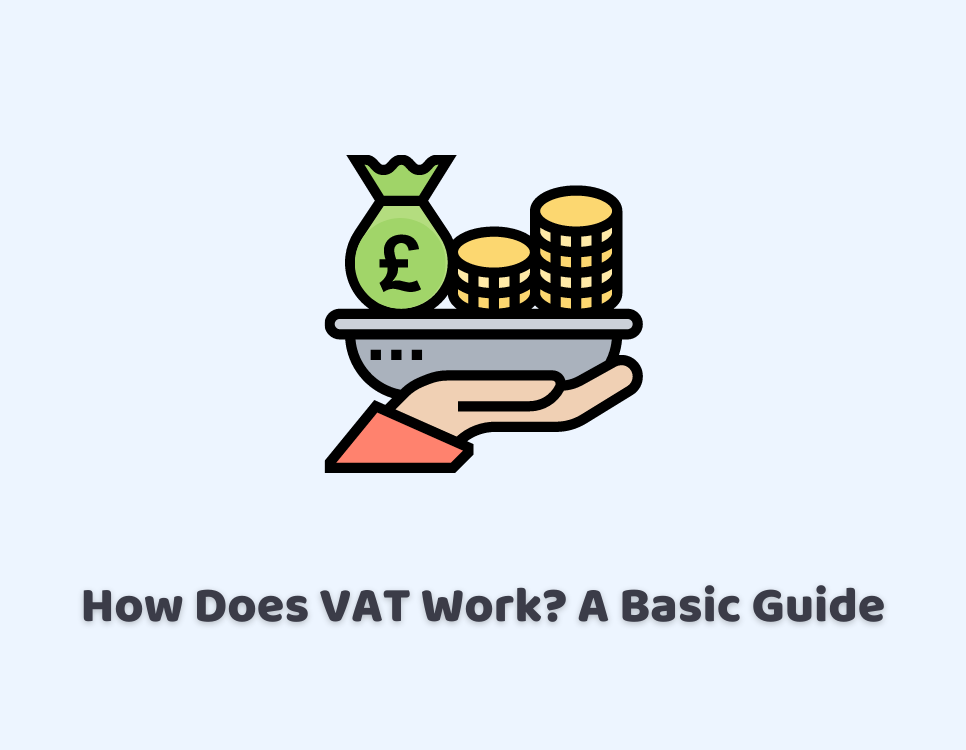05/11/2021Personal Tax , Taxation , VAT
VAT can be complicated, especially for the one who has just started out. Newcomers face a lot of difficulties to understand financial technicalities and jargon. Among those complex terms, the VAT is the one. Many business owners come across this term a lot while purchasing goods and services as private individuals from businesses. But only …
Read more
